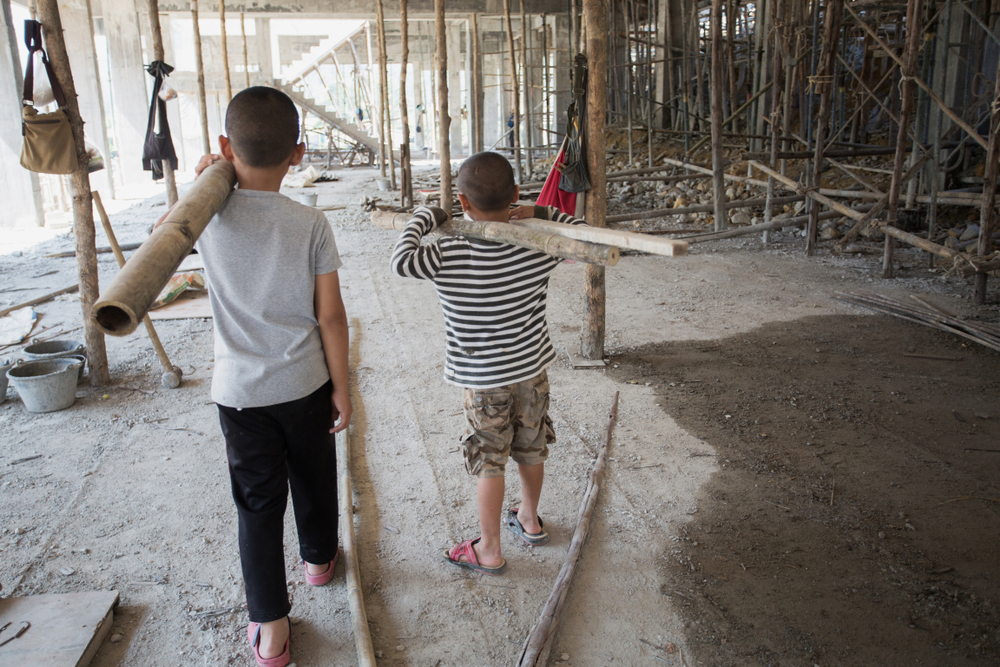Ukrainians consider children their future and bring them up with utmost love and care. Parenting is usually the primary responsibility of the parents, although grandparents also play an important role in child rearing and often take an active interest in the children’s education. Many parents, particularly working mothers, make use of their parents for childcare since hired help is very expensive.
Unlike many other cultures, Ukrainians tend to favor girls, mostly for practical reasons. Girls are the ones who look after their parents during old age and they are generally more docile and pose fewer problems than boys. Single mothers, in particular, prefer to bring up girls, since boys have a higher likelihood of joining gangs or becoming alcoholics.
School
Ukrainian children start their elementary education at the age of seven and undergo seven years of compulsory education. Those who complete secondary education have to clear an entrance test to qualify for higher education. Ukrainian children are expected to do well in school. The types of disciplinary methods employed in schools are often considered harsh by Western standards.
After school hours, children generally play with their friends or indulge in other recreational activities. While recreation was almost non-existent during the Communist era, new playgrounds and children’s facilities have sprung up all over the country since the advent of democracy. Various recreational associations like Plast (similar to the Scouts) have also mushroomed in many places.
Work
Ukrainian children are generally not expected to contribute to the income of the household. However, children from low-income groups and rural families are often required to take up jobs to help their families. The minimum legal age for employment is 16, although 15-year-olds can be employed as apprentices in vocational institutions or as part-time employees after obtaining official permission.
Despite labor laws that prohibit child labor in all forms, many Ukrainian children work in agriculture, business, and mining. While many work because they want to be financially independent, more than 30 percent do so because of their family’s economic hardship.
Copyright © 1993-2024 World Trade Press. All rights reserved.




